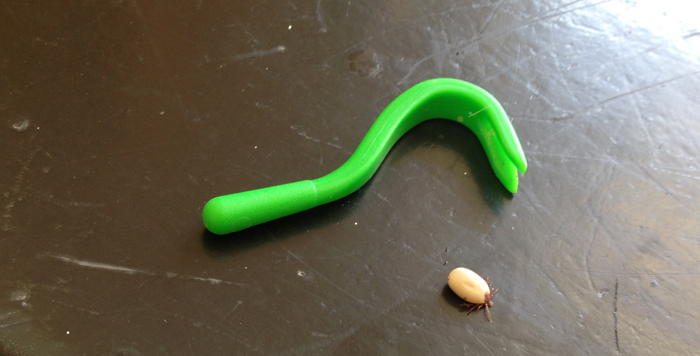American research into how ticks survive may pave the way for new approaches in combating the diseases they transmit.
Scientists at the University of Maryland School of Medicine have worked out how ticks’ immune systems fights microbes. Their research has been published in Nature Communications.
“This basic science discovery is fascinating, and may pave the ground for new translational approaches that reduce the negative impact of tick-borne diseases in people,” said Joao Pedra, PhD, the senior author on this study and an Associate Professor in the Department of Microbiology and Immunology at the University of Maryland School of Medicine.
It has always been assumed that the tick immune system works in a similar way to that of flies and mosquitoes. However, if appears that ticks – which have existed for up to about 400 million years – are different.
“It turns out that the immune system of ticks is quite distinct from insects,” says Dr Pedra. “Our discovery clarifies the ins-and-outs of how the tick immune system fights bacteria.”
The breakthrough came when researchers found that ticks lacked vital genes for a proper immune response. The next step is to try and manipulate the tick immune system to make them less vulnerable to infection by microbes.
The scientists explain that if ticks are not infected by bacteria in the wild, they won’t be able to transmit it to humans and animals. Ticks are blood-sucking parasites that worldwide, rank second only to mosquitoes in transmitting disease to people and animals.
Vets advise that they should only be removed from pets with special tick removers.


